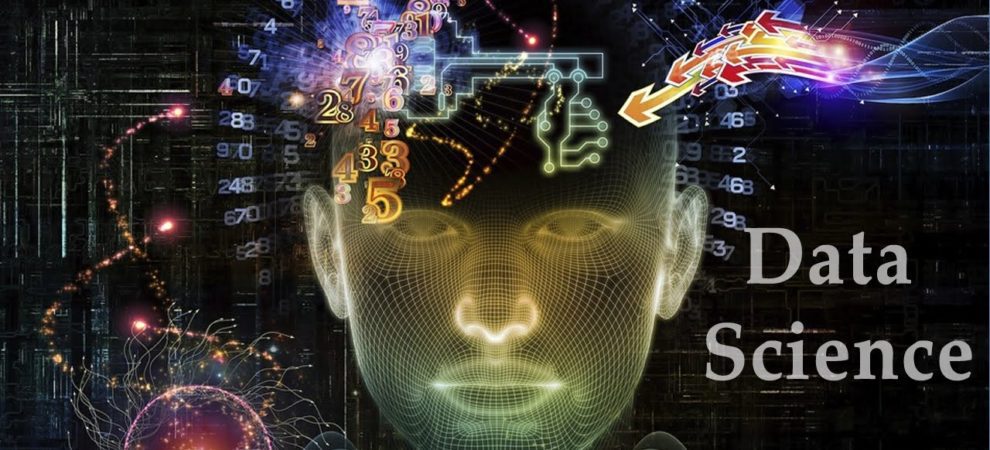
By Sara Veltkamp, Sr Associate, Minerva Strategies —
On Tuesday, I attended the Stanford Social Innovation Review’s data science for social change, or “Data On Purpose” conference on Stanford’s campus. I loved it. The energy of the speakers was what I’ve always wanted to hear from the social change sector – far from the safe, t-crossing and i-dotting rhetoric of overly cautious nonprofit staff. Instead, I heard the genuine, optimistic enthusiasm that usually comes from budding entrepreneurs in the tech sector.
I found myself getting wrapped up in that energy, and looking for online courses through which I too could become a ‘data ninja’ and save the world more smartly and efficiently – all while enjoying three-day weekends.
The importance of using data as evidence to reinforce the anecdotes that steer decision-making was made clear by Sacha Litman of Measuring Success who showed us, through Money Ball, that many of these anecdotes don’t hold up if we test them against data. Do volunteers donate more, or does an endowment gift mean that donors will not give to appeals as well? These questions are better answered, not with intuition, but with data.
We are all becoming familiar with funders asking us to present “impact data” as part of grant reports, or as evidence that our work is effective. But Andrew Means from The Impact Lab suggests that data can be used in much more dynamic ways than reporting or storytelling for donors.
He suggests that data are a valuable tool to inform strategy and reinforce decisions that may go against some of our organization’s entrenched beliefs. In addition, he argues that data can help close the gap between stories we tell donors – usually the best cases or, the “took this kid from juvenile detention and got him to Harvard” stories – and the average beneficiary experience, which is rarely as dynamic or positive as the fantastic outlier stories we tell.
Smart use of data science in the social change sector sounds very promising, and it is! The availability of data tools, data sources to mine, and visualization software is increasing exponentially. People are getting smarter about the data they choose to collect and more creative in the ways they use data to inform programs, describe failure, and make decisions.
We should be optimistic about the use of data to inform our strategies or measure our results. This style of operating will have the ability to revolutionize the sector in the same way that websites and online giving platforms changed how we operate. Data science can and will change our ability to isolate which programs are working and which just appear to be working. It will change our stories and the way we communicate. It will give us the ability to focus on doing the things that we do well even better, and let other challenges be handled by those who are better-positioned to do that work.
But having taken a day to unwind from all the excitement, I remembered one key fact about doing work that matters: It is hard. Data science is not a silver bullet that will get rid of our challenges, even if we have the best data sets available and we understand how to use them.
Consistent hard work and smart use of ALL the tools in our toolboxes – the time-tested, and the shiny new ones – will always be the less thrilling, but most productive way to change the world.